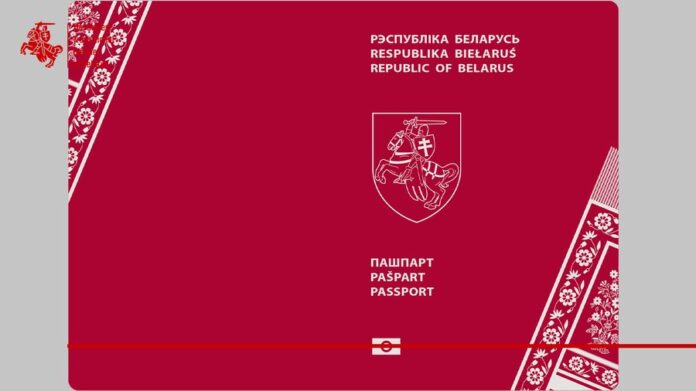After fraudulent elections in 2020, Alexander Lukashenko established a dictatorial regime in Belarus following an uprising of months of anti-government protests. The regime detained more than 35,000 people and tortured several of them. Still, about 1,500 people remain imprisoned on politically motivated charges, including Nobel Peace Prize laureate Ales Bialiatski.
The regime also forced approximately 500,000 Belarusians to abandon the country, fearing torture and arrests. However, Lukashenko didn’t stop persecuting them abroad, and after a September 4 decree, the consular authorities of Belarus halted renewing passports.
As a consequence, those needing valid documents risk losing their residence permits and their jobs in the countries where they live, mainly Poland and Lithuania.
Human Rights Watch has condemned the “draconian” decision, deeming it retaliation against the regime’s critics-in-exile. They stated that this puts the critics at risk of politically motivated prosecution if they return home to process their documents.
Lithuania and Poland are issuing one-year “foreigner’s passports” to verify the identity of stateless people and allow them to travel. Lithuania’s Migration Department has issued at least 24 such documents.

[Anti-Lukashenko protests in Minsk, 2020. Credit: Sviatlana Tsikhanouskaya @Tsihanouskaya]
The European Commission has applauded Lithuania’s temporary solution. For those who need help to obtain a passport from their country of origin, it is recommended to seek support from the country where they currently reside.
A Passport for New Belarus
Sviatlana Tsikhanouskaya, who ran against Lukashenko in the election and now leads the Belarusian government in exile — the United Transitional Cabinet of Belarus, has strongly advised Belarusians not to return home due to the current circumstances. Her husband, Siarhei Tsikhanouski, who is an activist and a politician, was sentenced to 19 1/2 years in prison for organising protests.
Tsikhanouskaya informed the European Parliament in September that the opposition had created a “New Belarus Passport,” which could be used as a travel document for Belarusians overseas and as proof of citizenship.
According to Valery Kavaleuski, the foreign affairs representative of the government in exile, at least 62,000 Belarusians need a new passport.
Dozens of countries have shown interest in the new passport proposed by the Belarusian government in exile, although they have yet to recognize it officially. Each EU country will have to decide whether or not to recognise it.
According to Kavaleuski, recognising the passport would demonstrate solidarity with the people of Belarus and respond to the policies enforced by the Minsk regime.
On November 1, Tsikhanouskaya offered more information concerning the new passports through her account on Twitter/X [@Tsihanouskaya].
“I received many questions about the launch of our New Belarus passport. I understand that it’s very important for many Belarusians in exile,” posted the leader of the democratic opposition.
“Right now we are working on producing the first passport samples. We have initiated procurement of materials needed for their printing. After the first samples are ready, we will send them to the governments of partner countries with a proposal to recognize the new document.
We are already consulting with foreign politicians, informing them about our actions & plans.
Parallel to our political work at the international level, we are working on establishing an issuing authority. This is a body that will be responsible for all stages of passport issuance – from receiving applications & verifying them to printing passports and storing data.
Ensuring security at all stages of the passport issuance process is crucial for us.
It is worth mentioning that the passport does not remove the need to legalize the stay in a specific country. Visas & residence permits will still be required.
Launching the production & achieving recognition of the new Belarusian passport is far from easy.
This is groundbreaking work. Our team is developing many technical & legal mechanisms from scratch. I ask for your patience & support as we continue our work on the passport project”.

